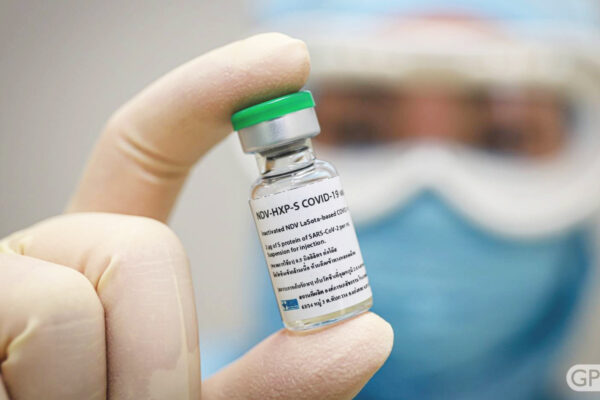Public opinion polling shows that vaccine hesitancy remains prevalent and diverse in Texas, even as the number of Texans vaccinated against COVID-19 slowly climbs. Perhaps the most important lesson after a year of extensive polling is that although there are well-documented partisan differences in the stated intention to get vaccinated among Texans, hesitancy is not only a Republican problem.
More Republicans than Democrats did express hesitancy or outright refusal to get a COVID vaccine, but 1 in 4 Texas Democrats (27%) also expressed reluctance in a recent University of Texas/Texas Tribune poll. This is representative of a broader underlying problem: Skepticism about vaccines exists among a broad array of Texans.
In order to separate perceptions of vaccines as a medical procedure from partisan impulses that many Texans may harbor, we separated considerations of vaccines in general from the COVID vaccine in particular in our polling. We asked Texans whether vaccines are generally safe and, in a separate item, whether they are generally effective, before we asked their opinions on COVID-19 and the COVID vaccine.
Asked this way, only 56% of Texans expressed that vaccines are generally both safe and effective. So nearly half of Texans, 44%, would not commit to what has been an implicit or explicit feature of vaccine messaging: the assumption that most people trust vaccines, or at least don’t experience much internal conflict in reaching the conclusion that the benefits of getting vaccinated outweigh the risk, even if they harbor concerns about coronavirus vaccines.
Texans who view the coronavirus as less than a “significant crisis,” as indicated in previous polls, are unsurprisingly more likely to express hesitancy about getting vaccinated. Although Texas Republicans make up a large share of this group, it is by no means an exclusively Republican group. More than 1 in 4 voters who don’t view the virus as a significant crisis identify as Democrats or political independents.
A relatively high degree of reluctance to obtain the vaccine among Black Americans has already been widely noted and continues to be aggressively addressed by Black opinion leaders and public health officials. Texas is no exception. African Americans, a largely Democratic group, do appear to be less inclined than white Texans to say that they will definitely get a COVID vaccine: 38% of white Texans say they will do so, but only 28% of Black Texans.
Education and age also matter. Texans without a college education, a group made up of similarly large shares of registered voters in both parties, are more reluctant than Texans with college or postgraduate degrees to say they will get vaccinated, as are younger Texans compared with older — again, a group not uniformly Democratic or Republican.
Yes, partisan perceptions are informed and reinforced by messages sent by the parties’ leaders. Donald Trump spent a lot of his time politicizing the virus as an overblown threat, then did the same when he used a promised vaccine as a hail-Mary campaign prop. Gov. Greg Abbott’s promotion of vaccines and their availability habitually includes subtweeting reminders like “Vaccines are always voluntary, never forced” or simply “Always voluntary.”
But while 52% of Republicans expressed skepticism about vaccinations in general, so too did nearly 1 in 3 Texas Democrats (30%).
Elected officials of both parties need to send clear signals about vaccination without partisan pandering. Relentless promotion of COVID-19 vaccination strategically targeted at skepticism — wherever it resides — will both address the public health crisis posed by the pandemic and spur economic recovery. And in doing so, it can overcome the false dichotomy between the two that partisan politics have propagated.
Resting the explanation for vaccine hesitancy on partisanship alone does Texas and the country a disservice. It reinforces an already costly, dangerous and deadly manifestation of partisan polarization. Achieving herd immunity requires addressing Republican skepticism toward the coronavirus and the vaccines, but it will also take turning collective public health attention toward the many other Texans who are less certain about vaccines than is often assumed.
Jim Henson is the director of the Texas Politics Project at The University of Texas at Austin.
Joshua Blank is the research director of the Texas Politics Project at The University of Texas at Austin.
A version of this op-ed appeared in the Dallas Morning News, Austin American-Statesman, San Antonio Express News, Lubbock Avalanche-Journal, Kaiser Health News, and the Waco Tribune-Herald.




